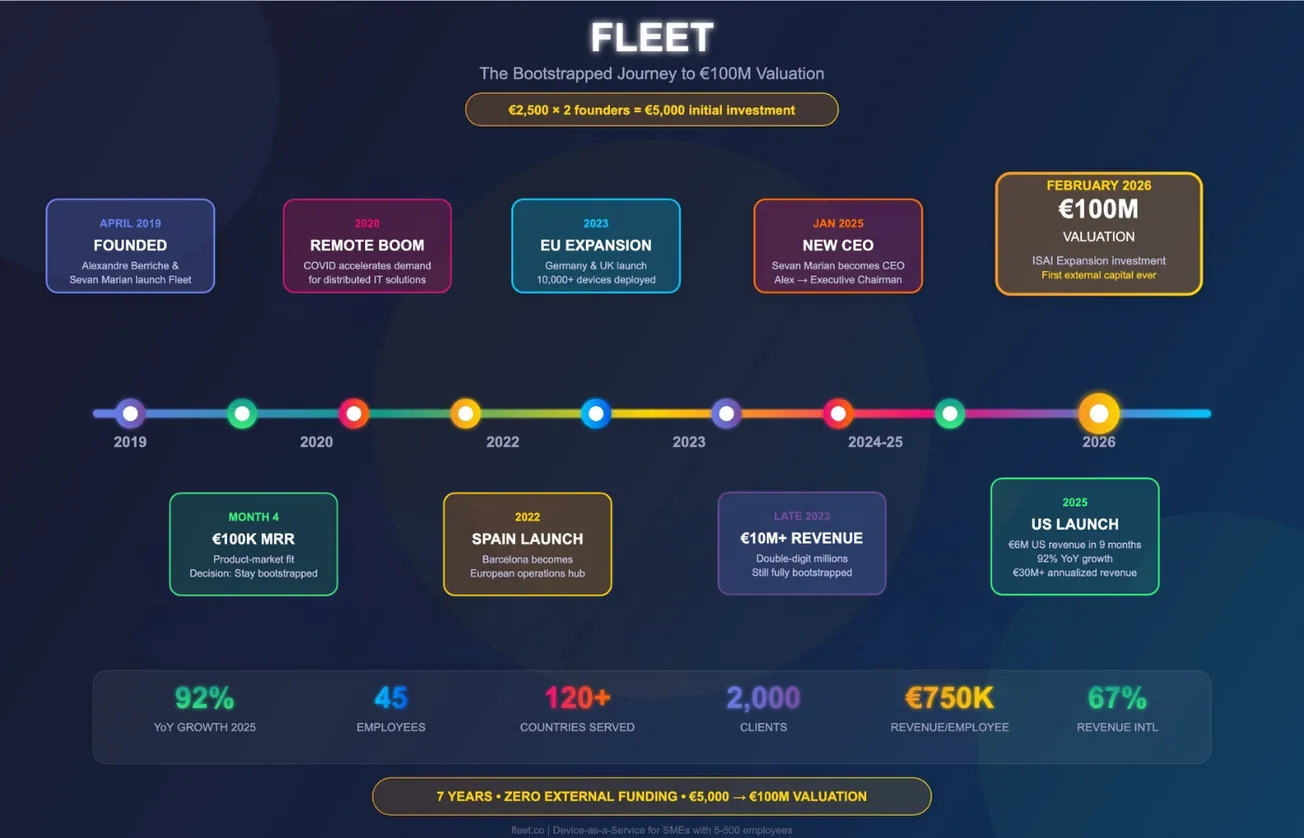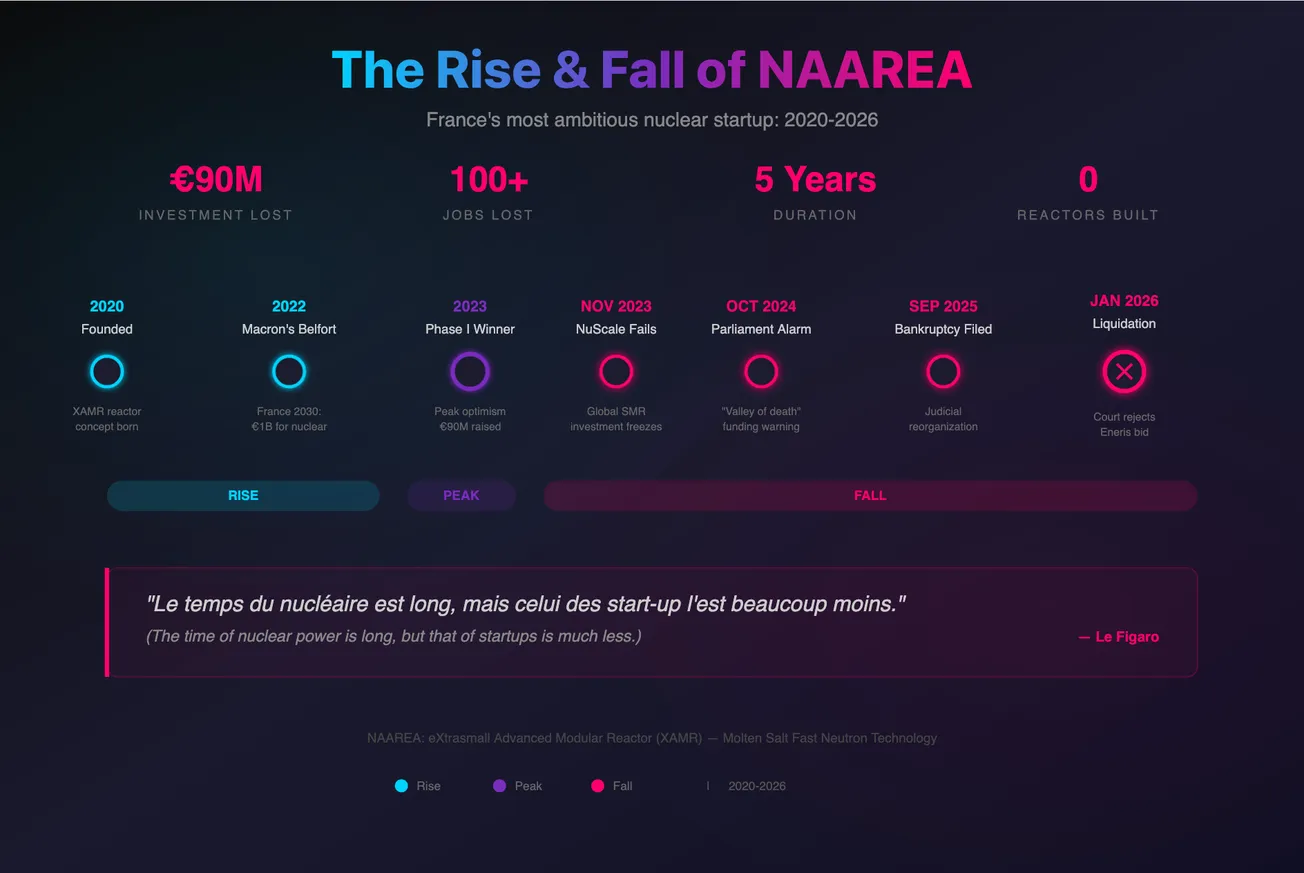'Space Is Now a Battlefield': Macron Unveils €4.3B Defense Plan And Appeals To Startups
Macron warns that space is no longer a sanctuary, announcing major new space defense investments and says he wants 'New Space' French startups to help counter rising orbital threats from Russia and other hostile powers.








